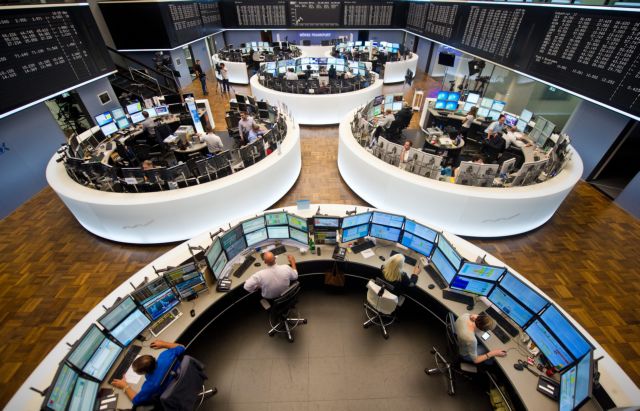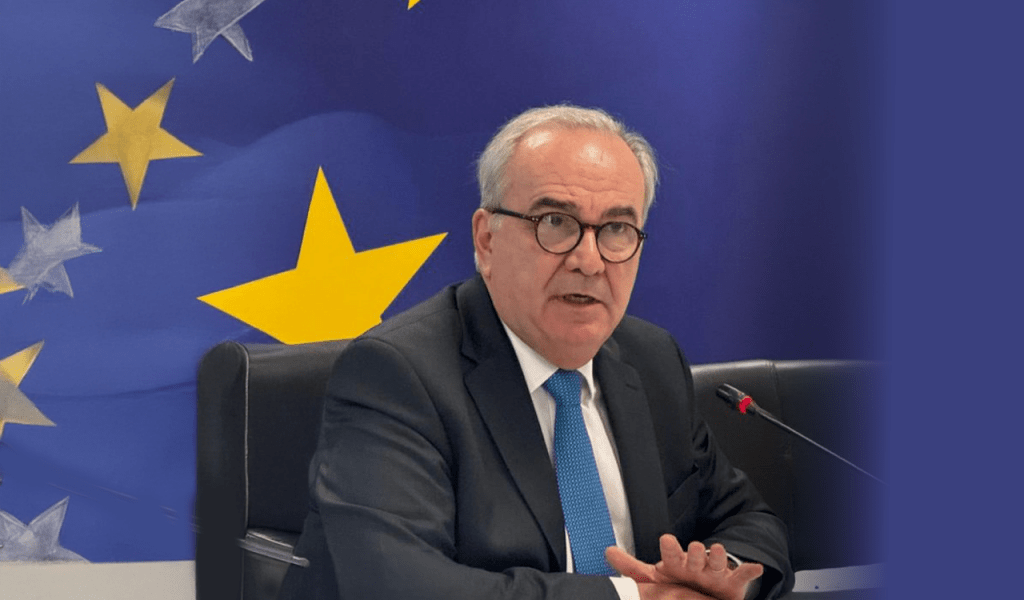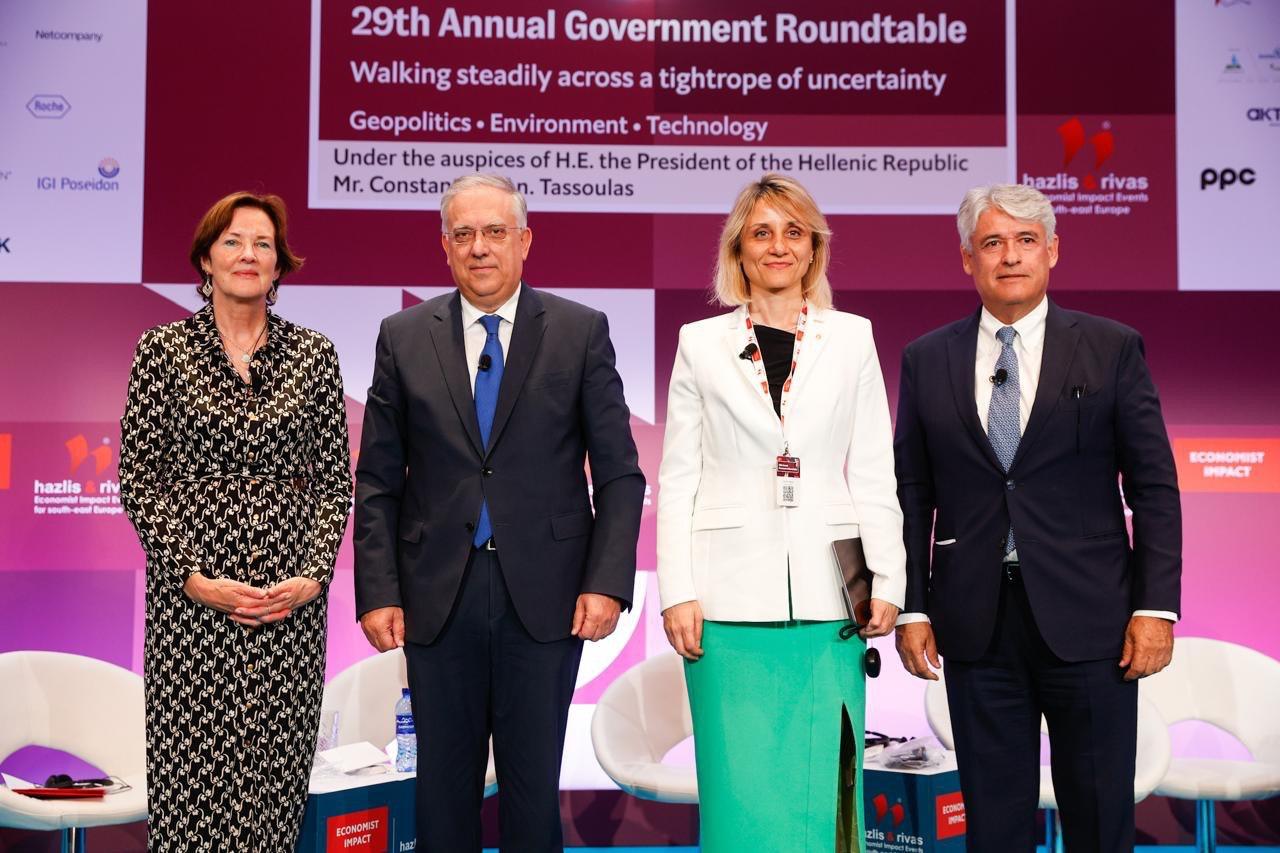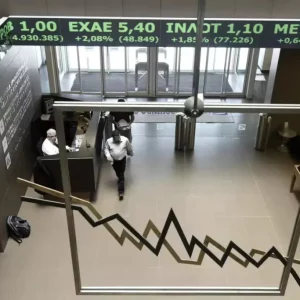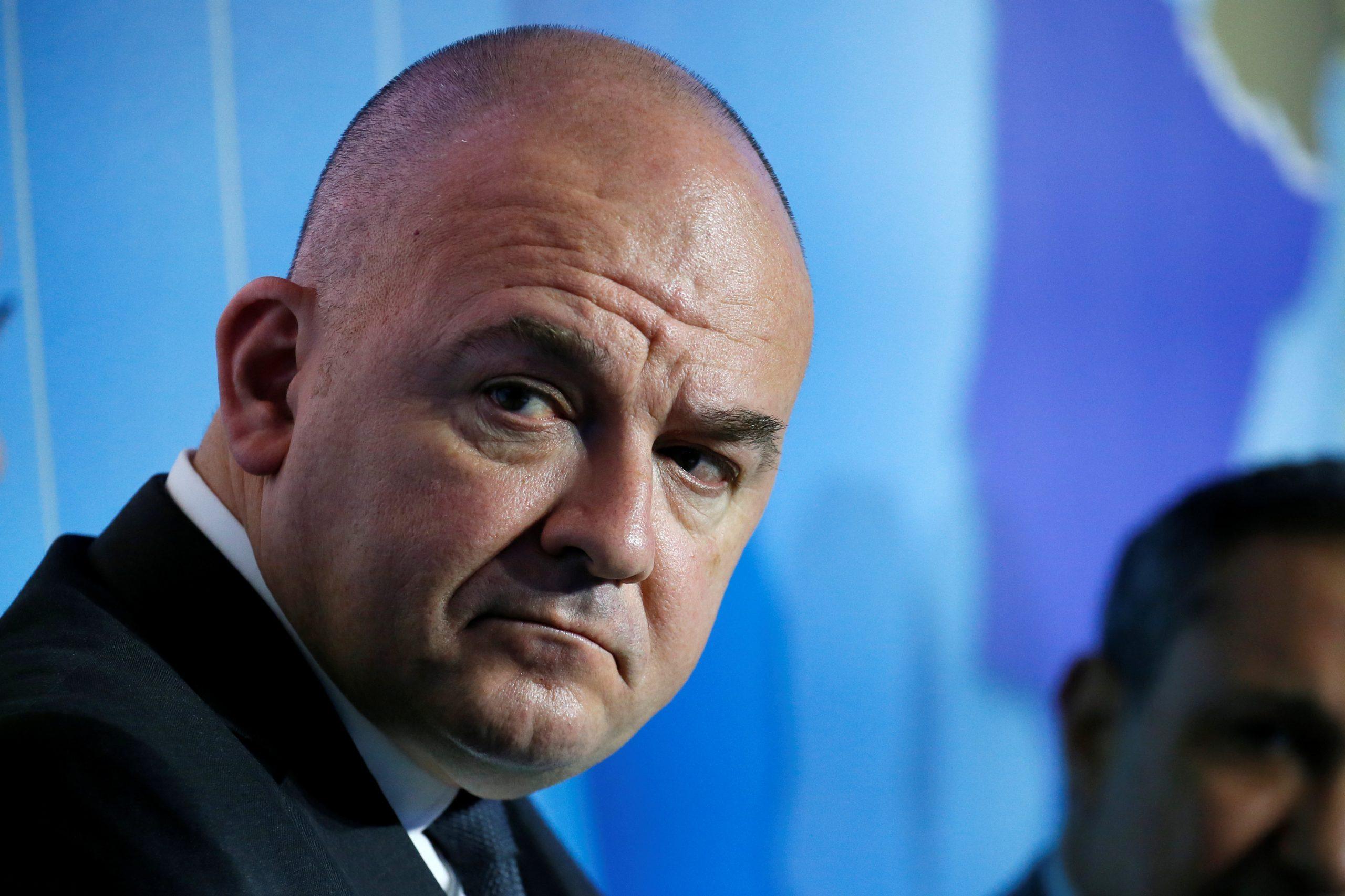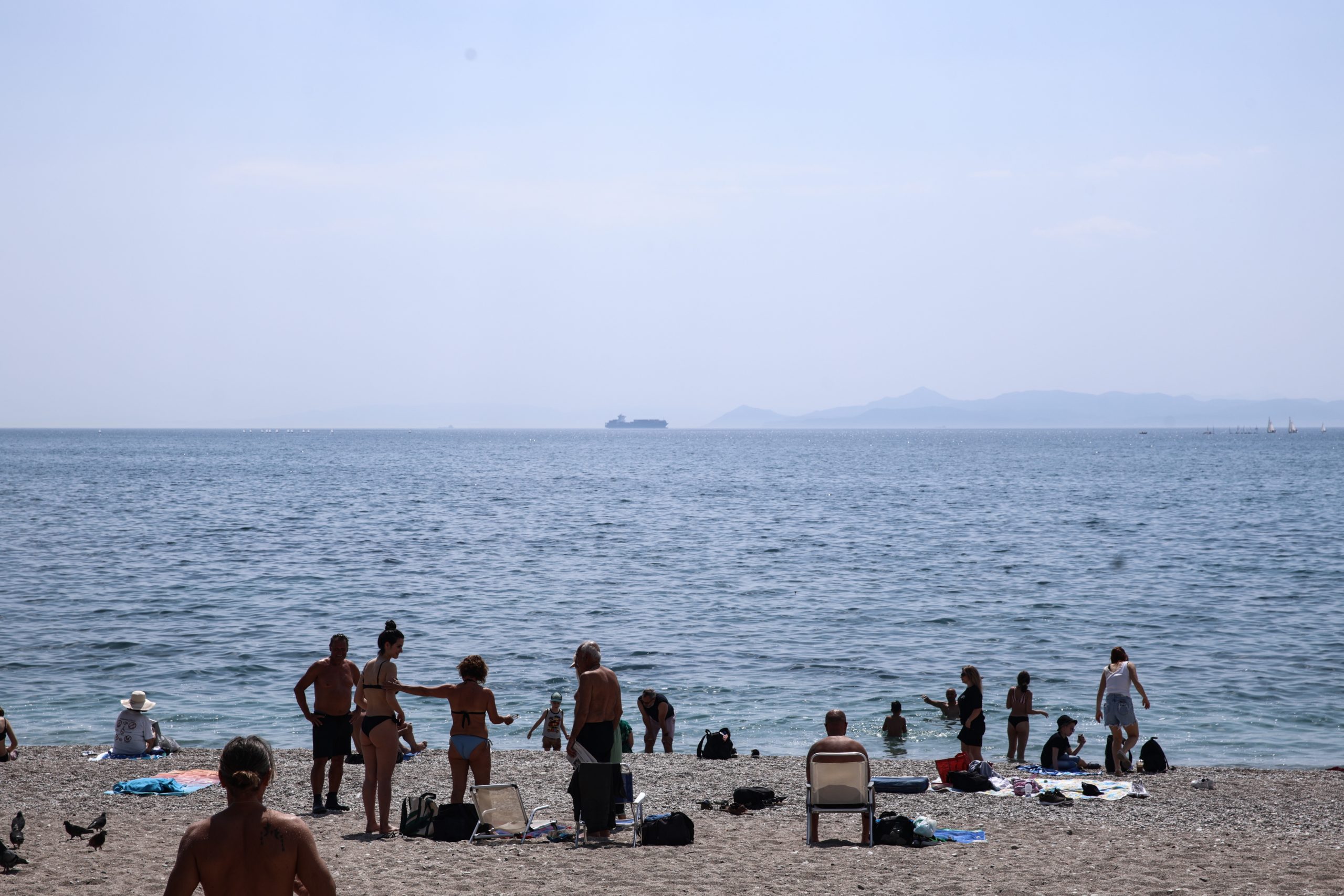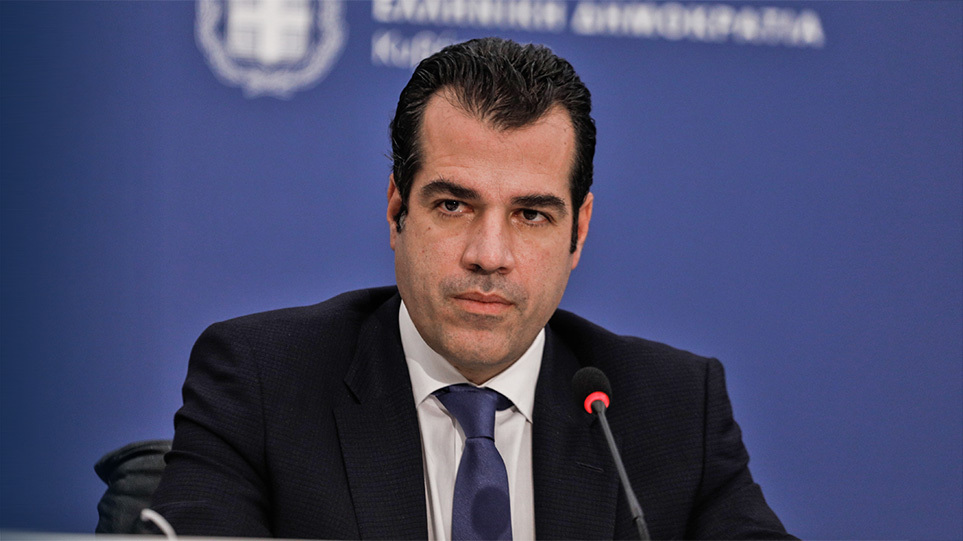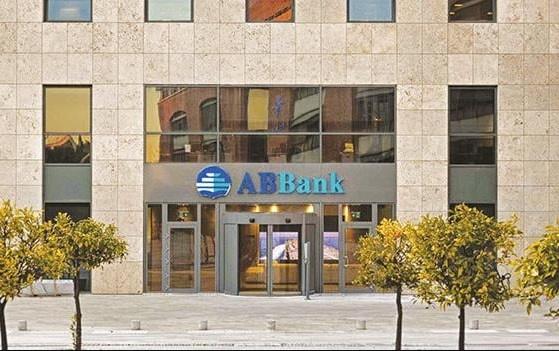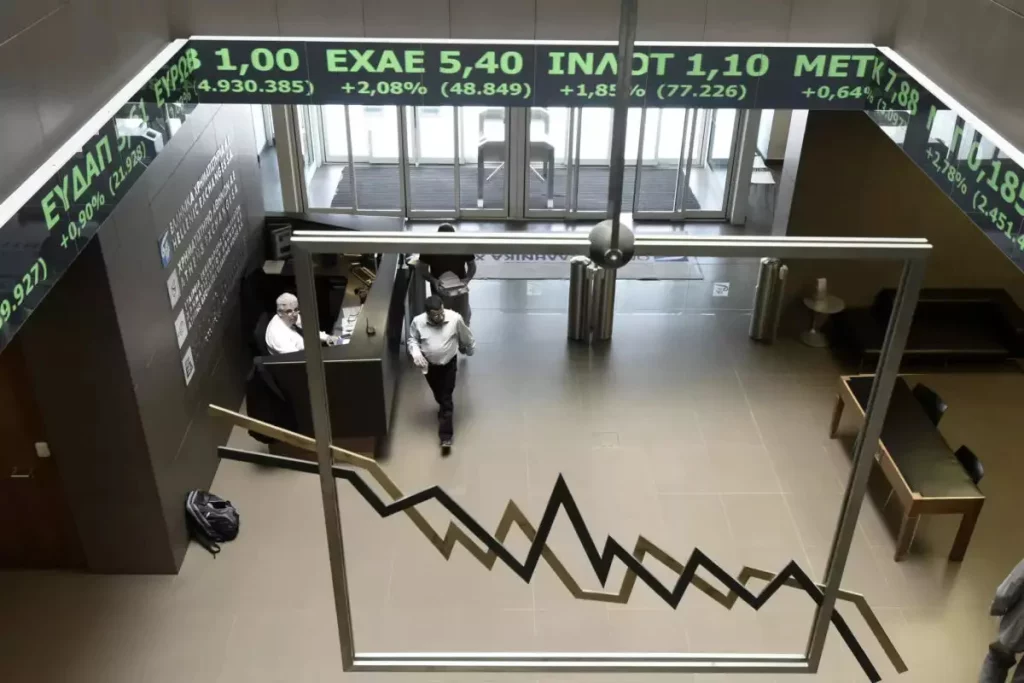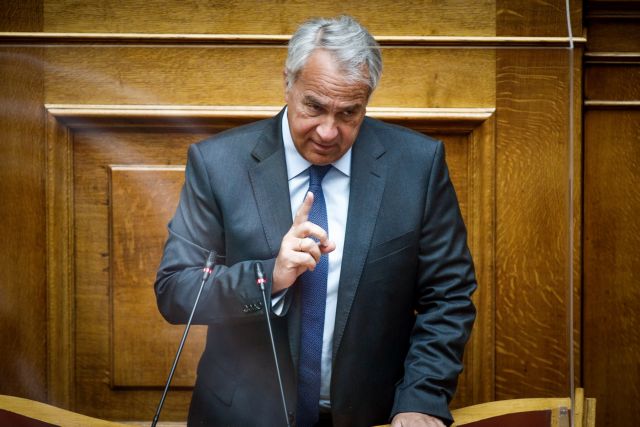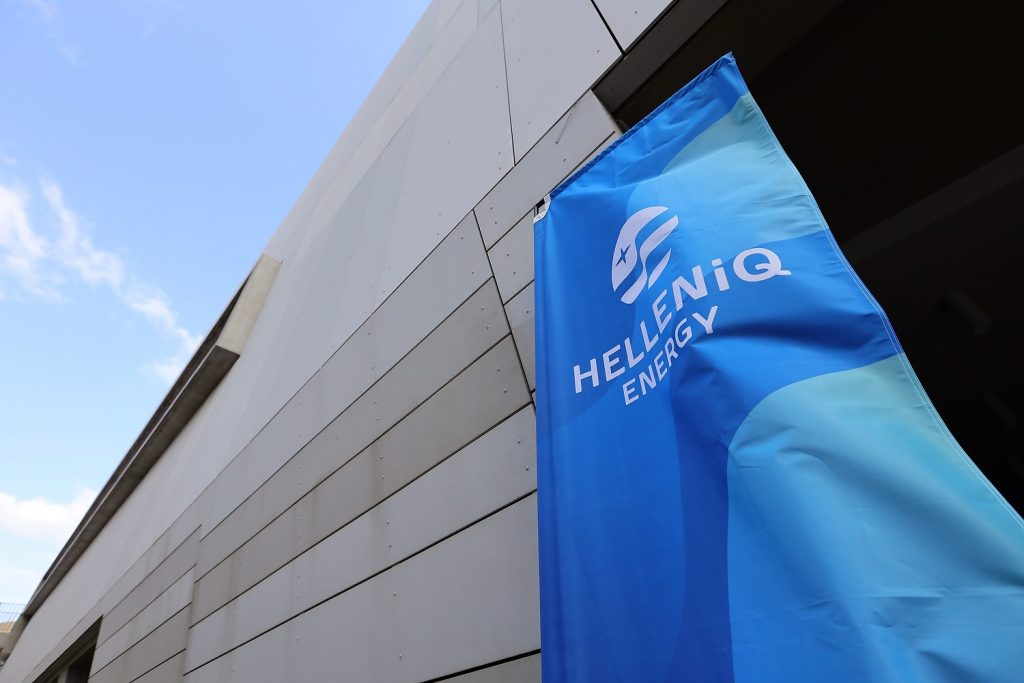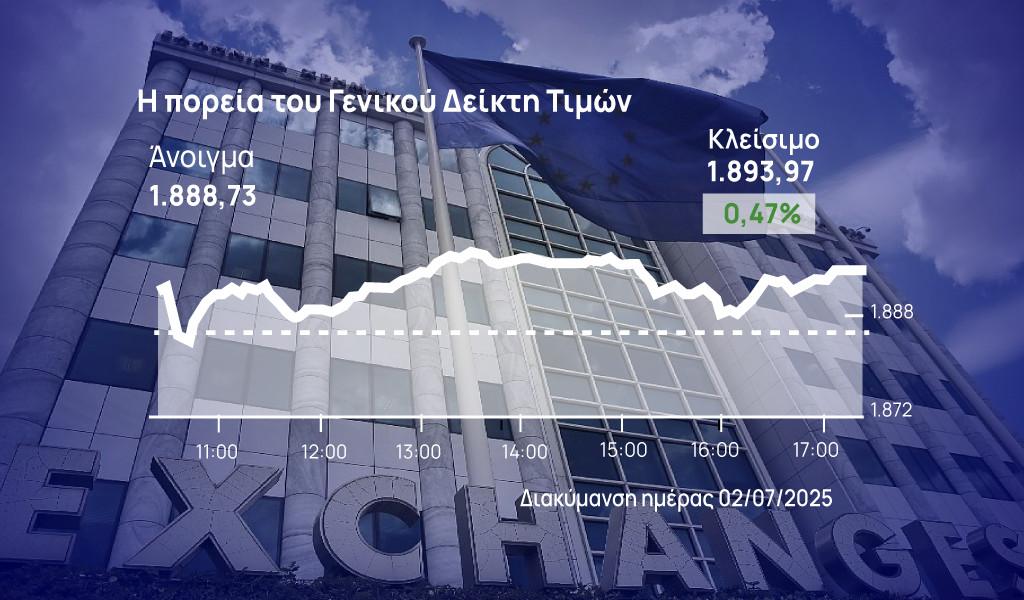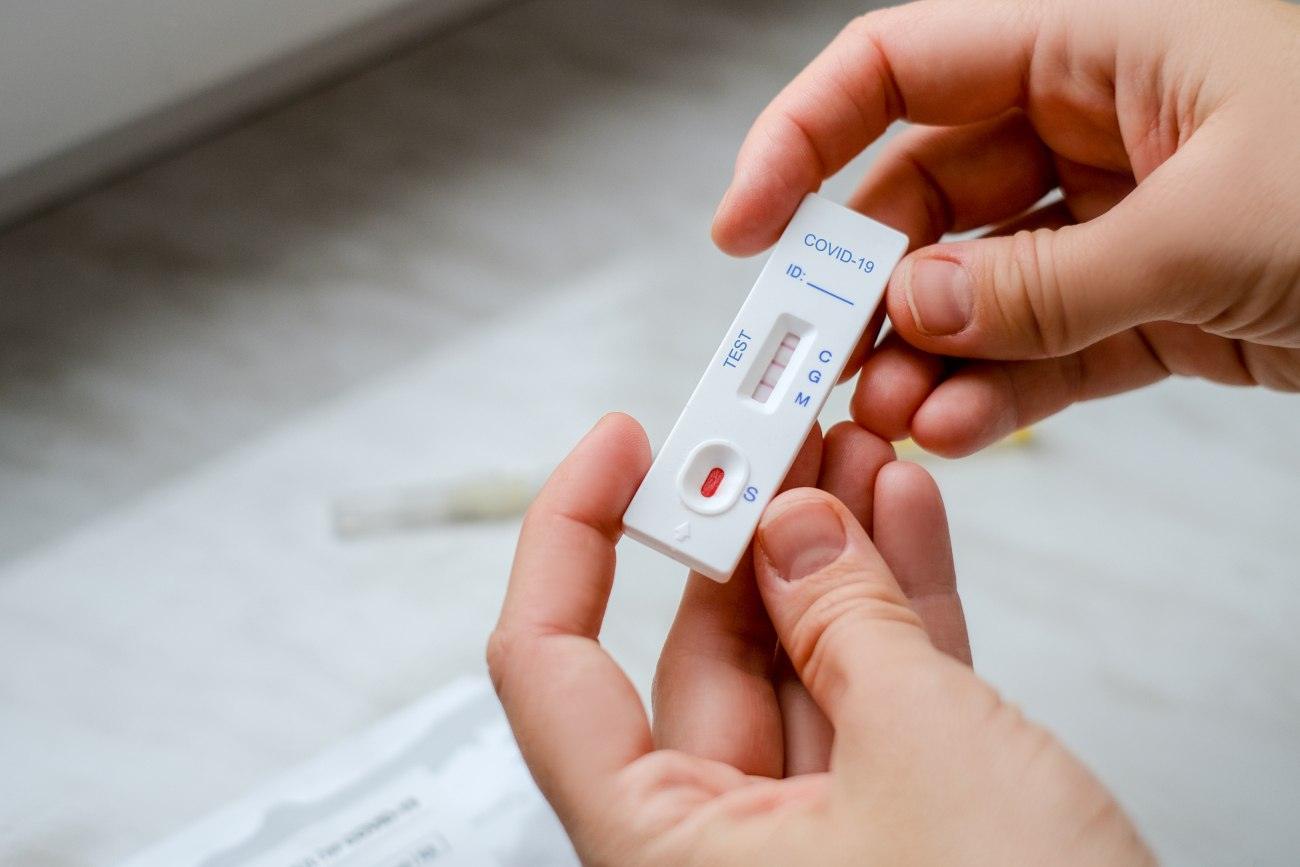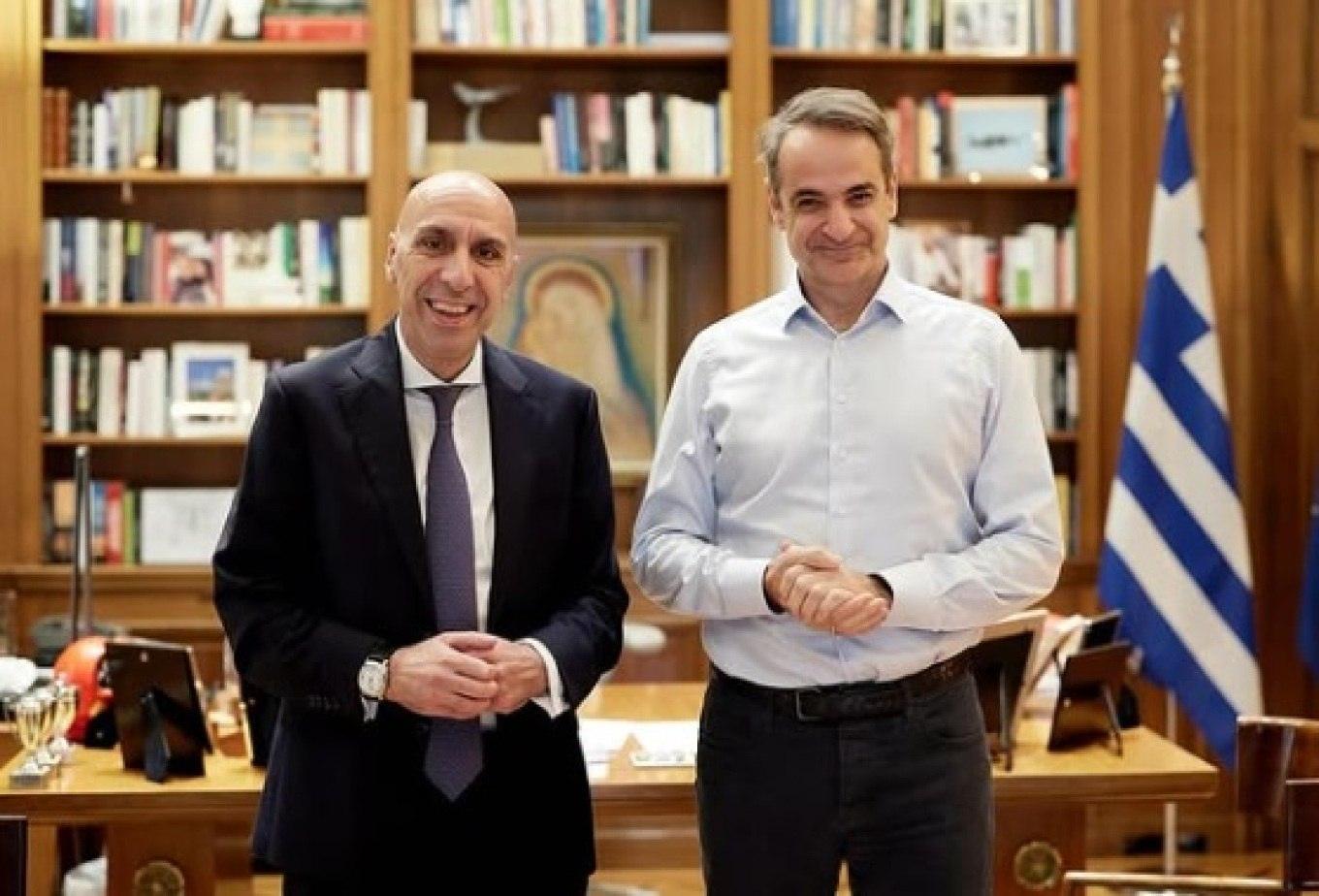The General Confederation of Greek Workers – GSEE demands high increases in the minimum wage – proportional to the increase in GDP – reminding the Prime Minister of his pre-election commitment to increase minimum wage at twice the rate of GDP growth.
One month before the government’s announcement of a second wage increase in 2022, the Confederation reiterates its proposal to restore the minimum wage to 751 euros, or close to this level with “implementing the government commitment” to double GDP .
Typical is the reference to the decision of the Executive Committee of the organization: “the government must keep its pre-election commitment, restoring – albeit a remnant of it (doubling the economic growth for each year) – the minimum wage to 751 euros and then deliver its identification to GSEE and employers’ organizations.”
Wages at pre-crisis levels
In other words, the GSEE demands that the salary be returned to pre-crisis levels and then the increase in the minimum wage be determined by the signing of a National General Collective Bargaining Agreement. Something that happened until 2009 – 2010.
The issue of the minimum wage, the sectoral agreements, but also the crucial issue of high prices are the main demands for the general nationwide 24-hour strike decided on by GSEE, civil servants union ADEDY and the Athens Labor Center for Wednesday, April 6.
The decision of the GSEE states: “With the pandemic crisis in progress with what it has meant for society and the economy, and with a war the economic consequences of which we have not yet seen, workers now have to deal with rising prices which have degraded their standard of living. Despite the anxious search of workers and retirees for solutions through financial support – something that is required immediately – the Government has not given any substantial answer.”
The new lowest wage
The granting of an overall increase in the minimum wage of 2% + 6% and the formation of the new salary at 703 euros over 700 euros is the most likely scenario for the adjustment of wages in 2022.
“The new increase in the minimum wage will be much higher than 2%”, said Prime Minister Mr. Mitsotakis recently, avoiding to refer to specific percentages, but noting that “we will go as far as the capabilities of small and medium enterprises can withstand”.
The process for determining the minimum wage has already begun with the deadline for its completion being set for April 15th. The new salary will take effect on May 1st.
According to all indications, the new minimum wage will exceed 700 euros as the new increase – after 2% – which will take effect from May is expected to reach and may exceed 6%. The most prevalent scenario revealed by OT for an additional increase of 6% – in addition to the 2% that was valid from 1.1.2022 – and setting the minimum at 703 euros from 663 euros. According to the scenario, growth for 2022 – cumulatively – will “move” close to the area of GDP growth, which is set at around 8%.
GSEE
Instead, the GSEE is calling for the minimum wage to return to 751 euros, or else the ruling party’s election commitment to double the GDP growth threshold, which leads to a growth close to – perhaps even higher – than 12%. .
This means that the minimum wage will evolve as follows: from 663 euros today (2% increase from 1.1.2022), to around 730 to 743 euros, with a possible increase of around 12%.

